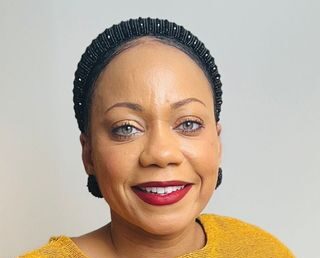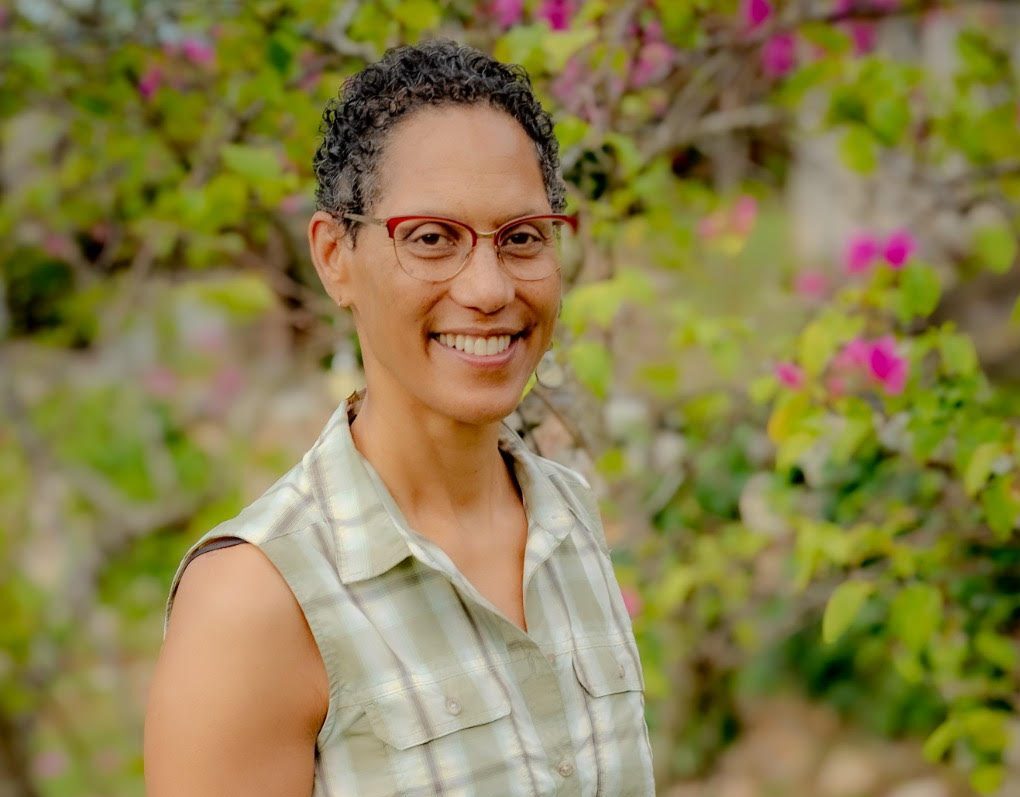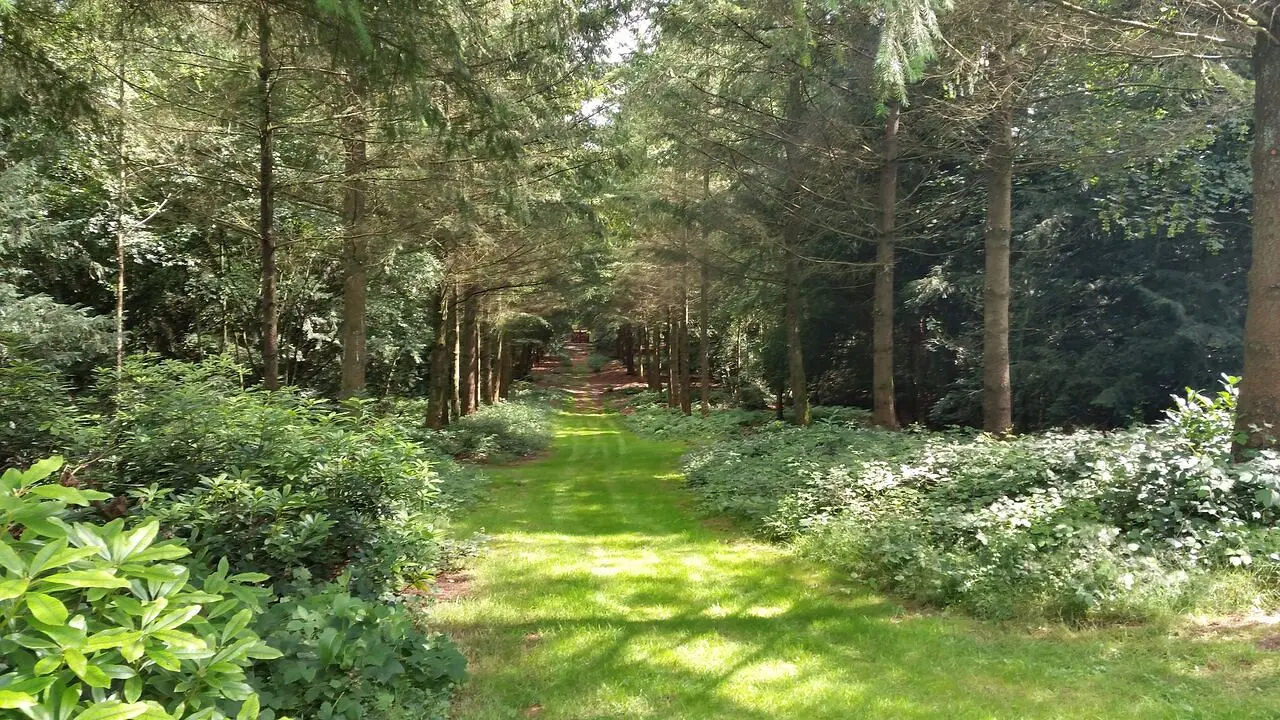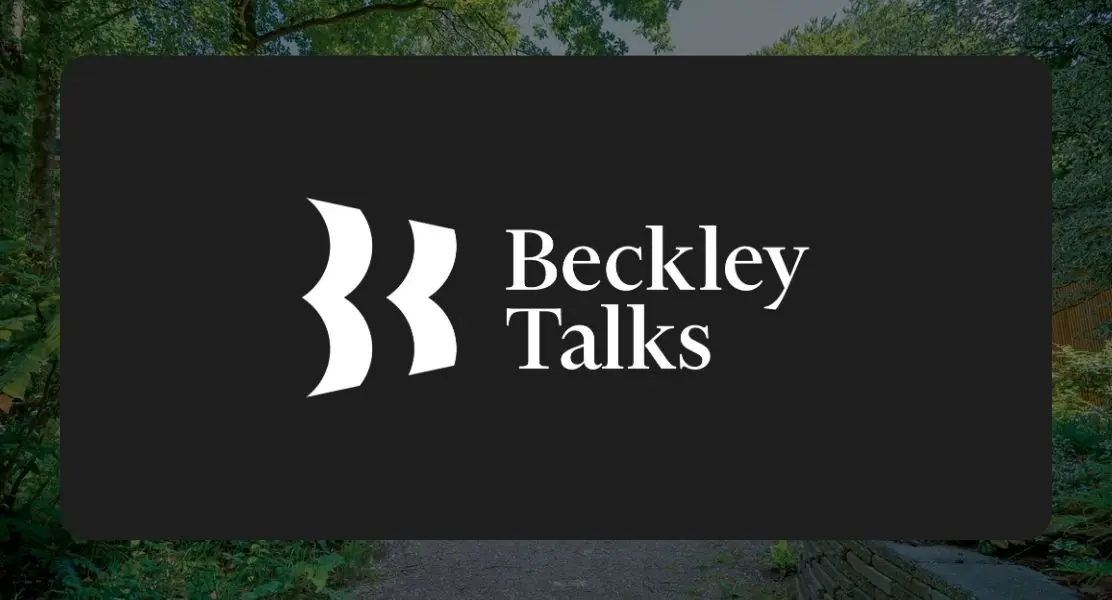
Beckley Talks: Candace Oglesby and Kosu Boudreau
Psychedelic-Assisted Therapy: Lessons, Guidance, and Wisdom from the Field
A conversation with Kosu Boudreau, Candace Oglesby-Adepoju, and Beckley Retreats’ Val-Pierre Genton
When Kosu Boudreau looks back on her entire career, one particular theme seems to hold her work together: that of personal growth and transformation. Beginning with providing spiritual care in the prisons before spending nearly 20 years in hospitals, Boudreau’s work has been dedicated to holding space for those experiencing existential pain.
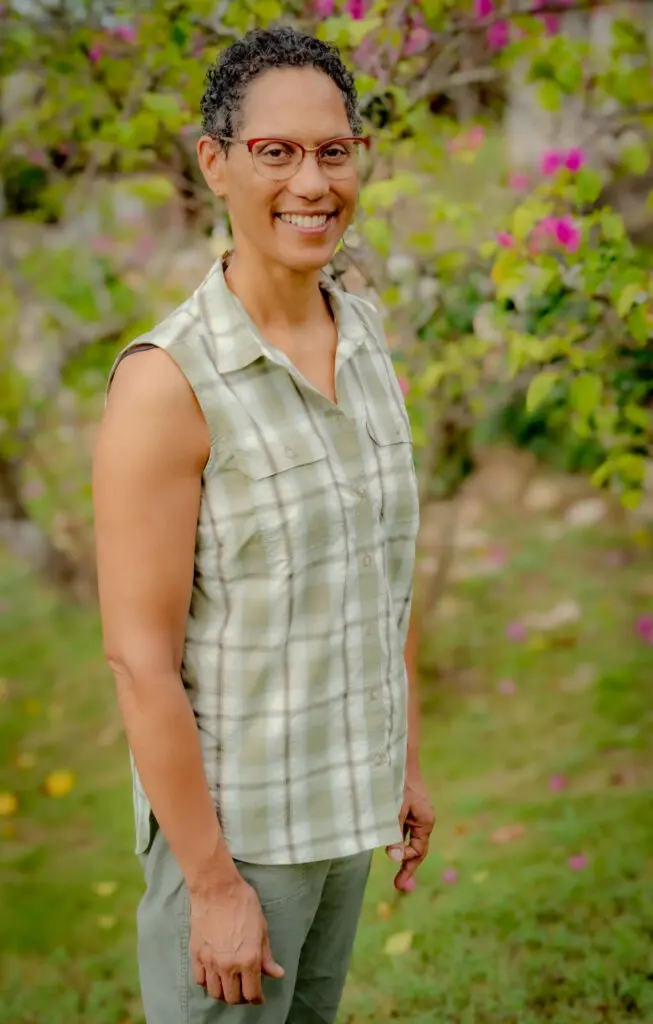
But Boudreau’s work took an important turn about five years ago when she, looking to move beyond institutional work for opportunities in private practice, started to explore the work of Gabor Mate, a renowned Canadian physician with a background in addiction, trauma, stress, and childhood development. In diving into Mate’s work on addiction, Boudreau was introduced to the world of psychedelics. Today, now serving as an integration specialist and trauma psychotherapist, Boudreau bridges her spiritual perspective, clinical skills, and values across her work – including as a facilitator at Beckley Retreats.
For Boudreau and other care professionals interested in the intersection of psychedelics and trauma, Mate’s scholarship of today’s medical system is of particular interest. He argues that a chasm exists between what medical students are taught versus the lived reality of their patients. Those in medical school, he has argued, are rarely taught about the deep effects of trauma—despite the plethora of evidence that root such personal history with many of the mental and physical ailments that humanity presently faces. This, in part, is why those like Boudreau ground their work in the frame of personal growth and transformation.
As a Zen Buddhist practitioner, Boudreau often focuses her work with patients on the idea of openings and awakening in our lives as a means of discovering personal growth. “There are a myriad of ways that people can have awakenings,” Boudreau shared at a recent Beckley Talks event. “I think the quality of life that comes out after being given the gift of the opening is really where the depth of this work lies for me.”
Boudreau was joined in conversation by Candace Oglesby-Adepoju, a psychedelic-assisted therapist, and Val-Pierre Genton, the SVP of Growth of Beckley Retreats and host of the Beckley Talks series. For Oglesby-Adepoju, her discovery and entrance into the world of psychedelics has vastly expanded her understanding of therapy. “My experiences have really helped me to be able to embody what it looks like to really show up and be a therapist versus doing therapy,” she said.
Looking back, much of Oglesby-Adepoju’s training in graduate school focused on the power dynamics between a therapist and client, especially in viewing the therapist as an expert over a client’s system. But that expertise is more complicated than that—and her personal experience with psychedelics has allowed Oglesby-Adepoju to better approach her clients’ stories from a place of empathy. “Traumatizing experiences and neglect have had a way of disconnecting the clients’ system from their wisest and highest self,” she explained. So, rather than serving as an expert figure with end-all-be-all solutions, “I see myself as a collaborative partner.”
Today, an increasing number of therapists are growing interested with the idea of incorporating psychedelics into their work. According to a survey conducted among 12,000 participants at a recent psychiatry conference, 58% of respondents reported that they intended on integrating or exploring psychedelics. “This is a huge transformation from even just a few years ago,” Genton said in conversation with Boudreau and Oglesby-Adepoju. “It speaks to the power and potential of psilocybin and other entheogenic compounds to accelerate outcomes and improve patient care or client care.”
As this interest grows, guidance for care professionals working with clients who may or may not have experience with psychedelics will be an ever-evolving landscape. “My advice to those who are interested in doing more work with psychedelics is, first and foremost, to just continue doing your own work,” Boudreau said. “I trust that anybody who is on this therapeutic path is doing it because they also are doing their own self exploration.”
The embrace of self-exploration is especially important in the field of psychedelic-assisted therapy: “When you’re working with psychedelics, there’s this added vulnerability because people are so open. They’re going into deep, unexplored places in their psyche and it’s really important that, in whatever capacity you’re working in, you have done your own shadow work,” Boudreau said. “You need to work gently and lovingly … so that you can be as open and spacious as possible.”
“The beautiful thing we’re talking about here is that, in some ways, the psilocybin mushrooms becomes a third therapeutic element. The mushrooms themselves are a teacher and guide,” Boudreau shared. “When we’re in the space where we are working with psychedelics, we pull back and really allow the psilocybin mushrooms to foremost be the guide, taking the explorer into the places they need to go. We really need to have the capacity to kind of relax back, to hold a strong container—but recognize that the psilocybin here is the prime teacher.”

When Oglesby-Adepoju works with other therapists who are interested in exploring psychedelics for the first time, she asks the same initial question of them: What is it that you want to do? In a rapidly emerging field, she expects their answers to this question to change—as her own career has reflected. “Wherever you start off in this process, give yourself the permission to pivot and shift and allow the process to unfold,” Oglesby-Adepoju said.
For as many benefits and opportunities that can come with psychedelic-assisted therapy, this field is also full of challenges. “This space can sometimes be very lonely,” Oglesby-Adepoju shared. “Being a Black woman, trying to do what is still very misinformed, stigmatized, and with a lot of these entheogenic compounds still being illegal in the U.S., there are risks that I also take as a therapist in addition to the benefits.” That’s why, as with any field, finding community is incredibly important: You need the people “who are going to be in your tribe,” she said.
To date, both women have worked with Beckley Retreats, Boudreau as a facilitator and Oglesby-Adepoju as a participant on Beckley Retreats’ program specifically for Black women which was hosted last year.
“I knew that I was coming to a pivotal point just within my own training and my own education, where I had never gone away to do a spiritual ceremonial retreat,” Oglesby-Adepoju reflects. “I knew that was something missing from my own healing journey.”
The experience Oglesby-Adepoju found at Beckley Retreats was unlike anything she believes she’ll experience again. “I just had such reverence for the other women who came to the space courageously,” she shared. “We showed up as strangers. But we left as family members. And that felt really special to me.”
For Boudreau, she had initially traveled to Jamaica to learn about retreat work with plants to then return once to her home in Canada. But then she discovered Beckley Retreats—and a calling to continue her retreat work. Now, as a Beckley facilitator, Boudreau provides trauma-informed facilitation as well as preparation and integration support for Beckley Retreats guests—including as a facilitator for the Black women’s retreat, which Oglesby-Adepoju attended.
“When you ask who’s best suited to come to this retreat space, I would say that if you feel called, if you want to do a psychedelic retreat where you will be in nature, where you will have the opportunity to build really authentic relationships with other people who are journeying, if you are feeling the sense of wanting a more spacious environment than you would find in a clinical setting, you know where this is,” Boudreau said.
What makes Beckley Retreats’s offering so distinctive are the values and traditions that each program centers. “There is room for ceremony and ritual and exploring through art and movement and self-reflection. It’s a space that combines not only spirituality and science, but also culture and honoring of the human experience in all its forms,” Boudreau shared.
“If you are drawn to that kind of experience, then come to Beckley Retreats.”
Disclaimer: Our programs are non-medical and we do not diagnose or treat any conditions. Our programs are for personal, professional and spiritual development.
